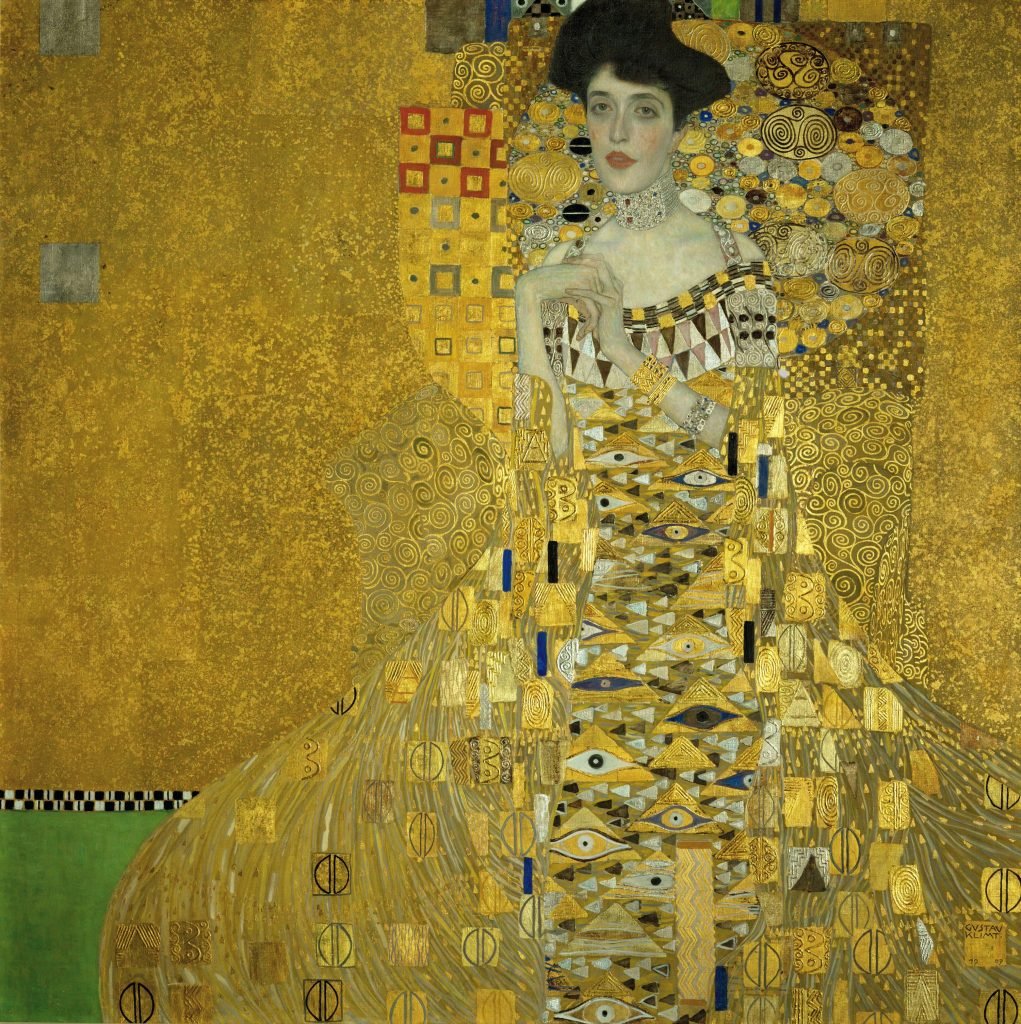Top Gold News Secrets
본문
 There are a variety of flag-flying days in Germany. Election days for the Bundestag and the European Parliament are also flag days in some states, in addition to other state-particular flag days. In addition to the conventional horizontal format, many public buildings in Germany use vertical flags. In addition to the corporate's commitments to transparency, accountability, environmental stewardship, safety and community engagement, Perpetua Resources adopted formal ESG commitments which could be found right here. The worth given here is an alternate to the next more-sophisticated combination: Yellow (765 g), Red 032 (26 g), Black (eleven g), Transp. In 1996, a structure for the vertical model of the government flag was established, that coincidentally matched the sample of the "conventional" black-pink-gold flag of the Principality of Reuss-Gera (Fürstentum Reuß-Gera) from 1806 to 1918: the Bundesschild is displayed in the centre of the flag, overlapping with up to 1 fifth of the black and gold bands. The Holy Roman Empire (800/962 - 1806, recognized as the Holy Roman Empire of the German Nation after 1512) didn't have a nationwide flag, however black and gold had been used as colours of the Holy Roman Emperor and featured in the imperial banner: a black eagle on a golden background.
There are a variety of flag-flying days in Germany. Election days for the Bundestag and the European Parliament are also flag days in some states, in addition to other state-particular flag days. In addition to the conventional horizontal format, many public buildings in Germany use vertical flags. In addition to the corporate's commitments to transparency, accountability, environmental stewardship, safety and community engagement, Perpetua Resources adopted formal ESG commitments which could be found right here. The worth given here is an alternate to the next more-sophisticated combination: Yellow (765 g), Red 032 (26 g), Black (eleven g), Transp. In 1996, a structure for the vertical model of the government flag was established, that coincidentally matched the sample of the "conventional" black-pink-gold flag of the Principality of Reuss-Gera (Fürstentum Reuß-Gera) from 1806 to 1918: the Bundesschild is displayed in the centre of the flag, overlapping with up to 1 fifth of the black and gold bands. The Holy Roman Empire (800/962 - 1806, recognized as the Holy Roman Empire of the German Nation after 1512) didn't have a nationwide flag, however black and gold had been used as colours of the Holy Roman Emperor and featured in the imperial banner: a black eagle on a golden background.
 For the German flag, such a distinction is made: the colour used within the flag is named gold, not yellow. In English, it was usually called the "Deutschmark" (/ˈdɔɪtʃmɑːrk/ DOYTCH-mark). In the following period the show of the German flag colours, even exterior stadiums, was frequently limited to the period of main sporting events. That could be the case if the idea of wants is proscribed to conventional needs. Only 1 May and three October are public holidays. The government flag might only be used by federal authorities authorities and its use by others is an offence, punishable with a high quality. In 1956, the Dienstflagge der Seestreitkräfte der Bundeswehr (Flag of the German Navy) was introduced: the government flag ending in swallowtail. Because the German armed forces (Bundeswehr) are a federal authority, the Bundesdienstflagge can be used as the German struggle flag on land. The federal government flag of Germany is officially identified as the Dienstflagge der Bundesbehörden (state flag of the federal authorities) or Bundesdienstflagge for short.
For the German flag, such a distinction is made: the colour used within the flag is named gold, not yellow. In English, it was usually called the "Deutschmark" (/ˈdɔɪtʃmɑːrk/ DOYTCH-mark). In the following period the show of the German flag colours, even exterior stadiums, was frequently limited to the period of main sporting events. That could be the case if the idea of wants is proscribed to conventional needs. Only 1 May and three October are public holidays. The government flag might only be used by federal authorities authorities and its use by others is an offence, punishable with a high quality. In 1956, the Dienstflagge der Seestreitkräfte der Bundeswehr (Flag of the German Navy) was introduced: the government flag ending in swallowtail. Because the German armed forces (Bundeswehr) are a federal authority, the Bundesdienstflagge can be used as the German struggle flag on land. The federal government flag of Germany is officially identified as the Dienstflagge der Bundesbehörden (state flag of the federal authorities) or Bundesdienstflagge for short.
However, public use of flags much like the Bundesdienstflagge (e.g. utilizing the actual coat of arms instead of the Bundesschild) is tolerated, and such flags are generally seen at international sporting events. The Bundesschild is a variant of the coat of arms of Germany, whose most important differences are the illustration of the eagle and the shape of the shield: the Bundesschild is rounded at the base, whereas the usual coat of arms is pointed. It was introduced in 1950. It's the civil flag defaced with the Bundesschild ("Federal Shield"), which overlaps with up to at least one fifth of the black and gold bands. German refineries only promote gold funding products to wholesalers, the exception being Degussa which is starting to provide personal brand gold bars for its own retail retailers. Following the creation of separate authorities and army flags in later years, the plain tricolour is now used as the German civil flag and civil ensign. The one sort of vertical flag that may be flown underneath the Federal Government Decree is a banner. A black mourning ribbon is as a substitute connected, either atop the workers (if hung from a pole) or to every end of the flag's supporting cross-beams (if flown like a banner).
When hung like a banner or draped, the black band ought to be on the left, as illustrated. Another declare goes again to the uniforms (primarily black with crimson facings and gold buttons) of the Lützow Free Corps, which were largely worn by college college students and have been formed during the wrestle in opposition to the occupying forces of Napoleon. With financial fears remaining, the price of gold is surging. The German affiliation with the colours black, purple, and gold surfaced in the radical 1840s, when the black-purple-gold flag was used to symbolise the motion against the Conservative Order, which was established in Europe after Napoleon's defeat. The colours are mentioned of their canonical order within the seventh verse of August Daniel von Binzer's student track Zur Auflösung der Jenaer Burschenschaft ("On the Dissolution of the Jena Students' League") quoted by Johannes Brahms in his Academic Festival Overture. It has been proposed that the colours have been these of the Jena Students' League (Jenaer Burschenschaft), one of the radically minded Burschenschaften banned by Metternich in the Carlsbad Decrees. Whatever the true clarification, these colours soon came to be regarded because the nationwide colours of Germany during that temporary interval.
If you want to find more info regarding سعر الذهب بالدولار stop by our own webpage.
댓글목록
등록된 댓글이 없습니다.




 > 고객센터 > Q&A
> 고객센터 > Q&A